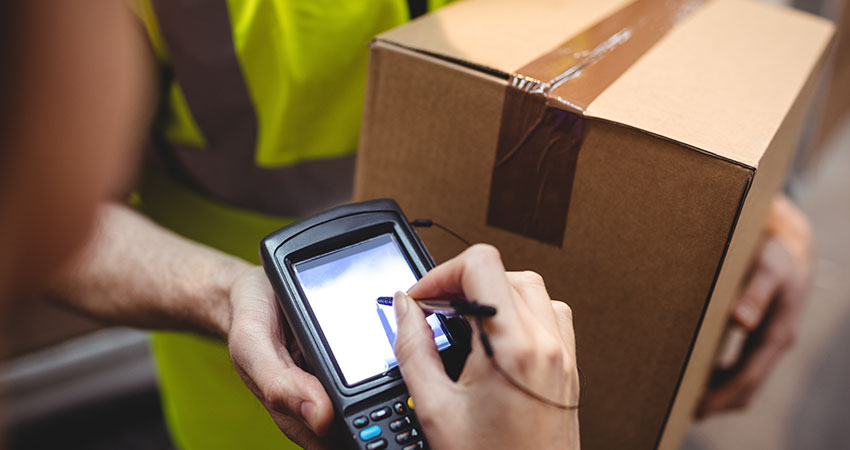After the U.S. Supreme Court last week refused to hear a case that would have reopened the issue of using independent contractors in California, shippers are bracing for the supply chain impact as AB5 makes a nagging truck driver shortage even more acute.
With AB5, California lawmakers took a swing at gig-heavy, same-day delivery services like Uber, DoorDash and Postmates, and in the process also hit the entire trucking sector.
If carriers lose drivers or are unable to pass the increased cost of maintaining company drivers and vehicles along to customers, “We’ll see delivery companies exit the California market,” said Fred Miesch, a senior consultant with Argon & Co. “This could then lead to a shift back to private fleet model for intra-California shippers as they scramble to replace lost delivery capacity.”
Joe Wilkinson, VP of transportation consulting for enVista, called the Supreme Court decision to deny a request from the California Trucking Association (CTA) for a hearing on the issue “a real disappointment,” given the driver shortage and supply chain bottlenecks in West Coast ports.
“Now we’re going to throw gas on the fire with an entirely new driver model for many carriers,” Wilkinson said. “That may not be a good analogy, as even gas takes a second to ignite, whereas with the denial of the CTA’s appeal AB5 goes into effect right now. This leaves affected carriers and independent drivers scrambling for a solution.”
Wilkinson said he saw some carriers flipping to a brokerage business model as a result, and independent drivers setting up shop as small carriers. But the latter will take time and investment, with many independents already having major sunk costs into their vehicles.
“And it’s not a solution either the carriers or the drivers are going to like,” he said. “Aside from the Teamsters, I don’t see a winner here. The result, at least in the short term, is going to be additional bottlenecks and higher transportation costs.”
In order for California companies to continue to classify workers as independent contractors, they have to meet an ABC test established by the state’s Employment Development Department. The “B” portion is the real sticking point: proving the person is performing work “outside the hiring entity’s business,” which would not apply to contract drivers.
Bill Aboudi, owner of AB Trucking in Oakland, told CBS News that 90% of the trucks servicing the port there are independent contractors, “so, this is a big, big impact.”
In 2019, when he was director of global logistics for Icahn Automotive, Miesch said the company had a DC in Southern CA replenishing retail stores, and branch warehouses supporting the wholesale channel, making same day and nighttime unattended deliveries to stores and jobbers.
“As a shipper with an outsourced transportation strategy both nationally and in California, I was concerned with the potential reaction by our delivery partners using independent contractor drivers, primarily increased costs and loss of capacity,” he said. “Also, would we need to revisit our outsourcing strategy and bring delivery resources back in-house and run our own fleets?
Also, as an importer through the busy port of Long Beach, Miesch wondering how AB5 would impact drayage operations, costs, service level and capacity. “I was working to increase the use of East coast ports during our last ocean freight bid in early 2020,” he said.

